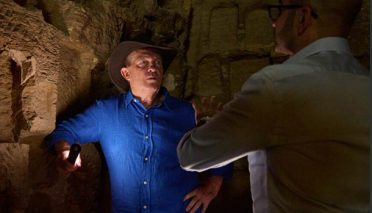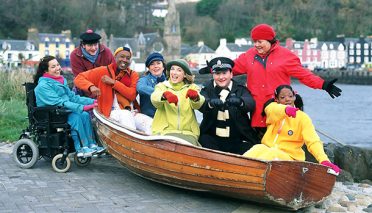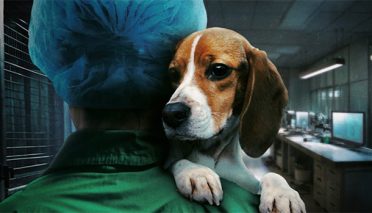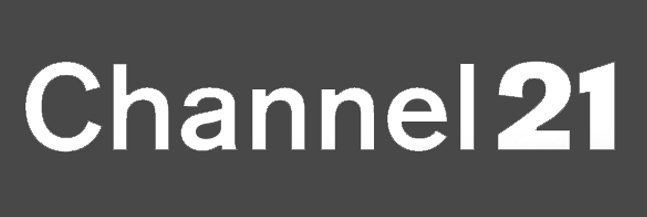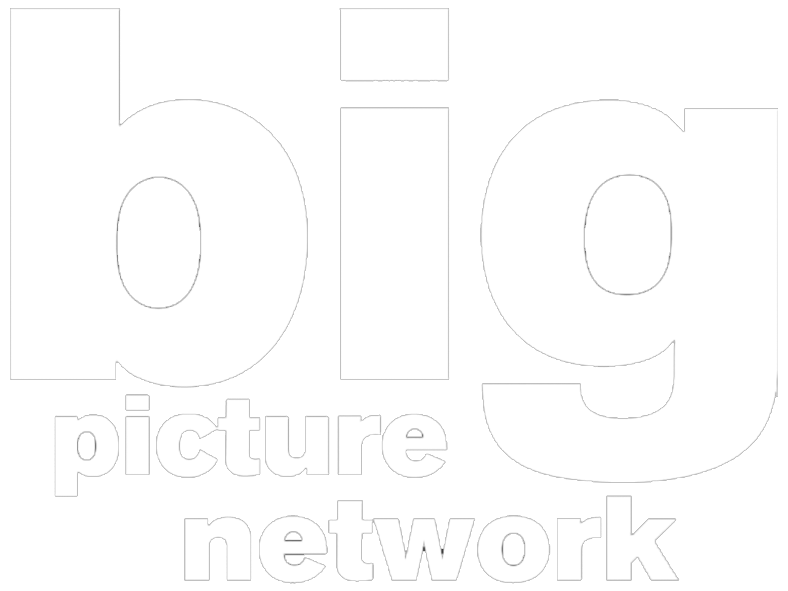As Montenegro’s RTCG turns 80, the public broadcaster is celebrating some key content and technological milestones, not least the launch of its first OTT platform, but challenges remain, according to its general director Boris Raonic.
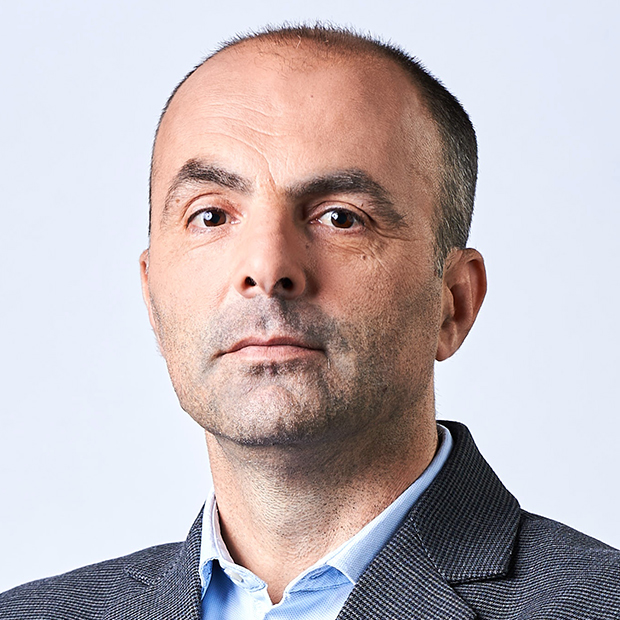
Boris Raonic
The Montenegrin national public broadcaster Radio Televizija Crne Gore (RTCG) will celebrate its 80th anniversary as a company at the end of November by launching an OTT platform. However, according to RTCG’s general director Boris Raonic, it will not be solely an RTCG operation, rather a national one in which the country’s six local public TV broadcasters and two Albanian language TV channels will be offered space free of charge.
What is more, unlike OTT services operated by other European public broadcasters, such as RAI and the BBC, RTCG’s will not carry its own name and instead be called MNA Play. Its content is currently under discussion and once up and running it will be available on all devices including TVs, smartphones and PCs.
Raonic stresses that MNA Play will be funded solely by RTCG and “we will have it as a national product because we are aware small public services can never do it alone.”
Its launch will also undoubtedly further underline RTCG’s uniqueness in what is one of the most unusual media markets in Europe. A small country even by regional standards, with a population of only 620,000, it is served by no fewer than seven national TV channels. Three of these are operated by RTCG – the first mostly information-based, second dedicated to sport and entertainment and third offering coverage of the Montenegrin Parliament – and the remaining four (Televizija Vijesti, Prva TV, Nova M and TV Adria) all commercial and having ownership links to Serbia. RTCG also operates a satellite-delivered channel that is aimed at the Montenegrin diaspora.
Raonic believes the fact that the commercial stations are not locally owned is particularly important. “Most of those commercial stations are focused on programmes that are popular entertainment and they have much bigger marketing and finances for doing so. We, as a public service have another obligation, another duty. We are not speaking about what is most popular and what is most viewed. We must have programmes for minorities, for human rights, children, culture. We have 37 specialised TV shows, so-called public interest shows. Most of the commercial TVs are not producing that content.”
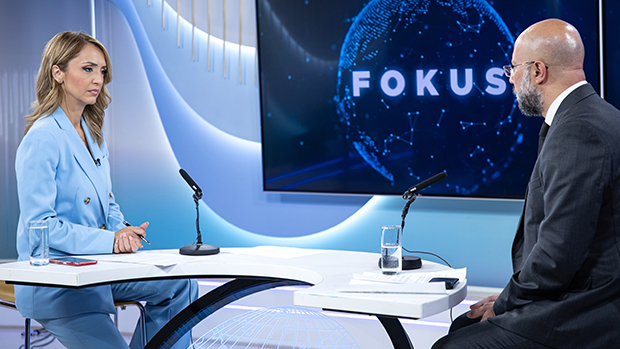
Political debate shows such as Fokus are popular on RTCG
According to the exec, the most watched programmes on RTCG are focused on politics and include the news and current affairs shows Fokus and Mreža.me, where many viewers followed coverage of October’s local elections in Montenegro.
RTCG also holds the rights to several major sporting events, including the Olympic Games, which have achieved record viewing figures for the broadcaster in the last couple of years.
According to Raonic, RTCG produces a significant amount of its programming. “Since we, as the new management, came in three years ago, we started in depth reforms in the company. We increased our production by 50%, we also increased the budget for independent production.”
The latter is evidence of what he says is “a new concept for supporting independent production”, despite the fact there are currently few such companies operating in the country. RTCG’s strategy, like those of other European broadcasters, is in the longer term to have “most of the content outsourced from us except information and sport.”
“One important thing you have to understand is that we have only 740 employees, compared to [public broadcasters] in Serbia and Croatia, who each have about 3,000, and we have to do everything like them,” he adds. For this year’s Olympic Games, the Serbian and Croatian public broadcasters each had around 50 reporters in Paris while RTCG only had six but still managed to offer almost all-day coverage on its three main channels. In fact, “I’m sure we produced more than some bigger European public services.”
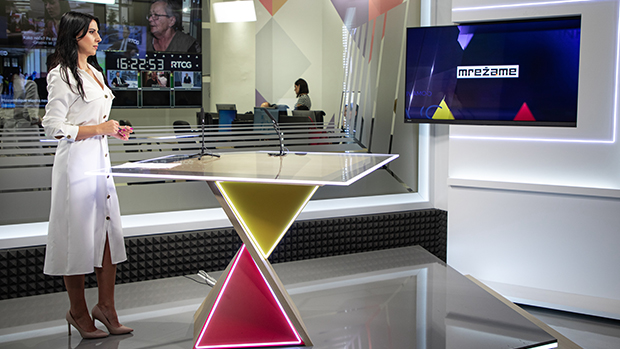
Many Montenegrins followed local elections on Mreža.me
In other regards, it’s harder for RTCG to punch above its weight.
As Raonic points out, in comparison to Montenegro, there are only three national TV channels in Croatia and four in Serbia. At the same time, Montenegro is six to seven times smaller than Croatia and only a 10th of the size of Serbia. “We are the only [national] TV in Montenegro owned by Montenegrins. You cannot imagine any similar country that has a historical dispute having a TV market owned by companies from Belgrade. It’s a sensitive and complicated issue.”
Raonic believes that the market is realistically only large enough to sustain one and a half national TV stations. “That is why we have one TV [channel] in Montenegro, which is not national but on cable that has only two employees. Pink M, which is part of Serbia’s Pink.”
He adds that United Media owns two national channels in Montenegro (Televizija Vijesti and Nova M) “even though we have legislation saying media concentration is not allowed”. Indeed, United Media, which has a presence in several Southeast European markets, has a budget that is greater than the state of Montenegro. “In that kind of atmosphere public service has to operate,” notes Raonic.
In fact, Raonic sees RTCG’s role as more than a public service broadcaster, one that is also “fighting for media independence”, while at the same time “having to do so many things on a national level.” As an example, he cites the fact that there were years when no films were produced in Montenegro. RTCG decided to become “an accelerator of movie production” and has made three films in the last two years, within its own resources. It is now also undertaking music production, says Raonic.
Raonic, meanwhile, has been fighting his own battle in the courts over his re-appointment as director of the RTCG in 2023. In what has been argued is a conflict of interest because of his membership of the regulatory body at the time of his appointed, last month it was reported the High Court ruled that the director general was elected illegally “several times”.
Commenting on the matter, Raonic told C21: “Before this position, I was a member of the Electronic Media Agency Council. Our anticorruption law, allows state officials to resign from a position after being appointed to another within a 30-day deadline, which is what I did.”
The general director says that RTCG is fully aware of developments in the industry and will both compete with global streaming platforms and continue to invest in local content. He also believes it can be as successful as the Finnish public broadcaster YLE, which he notes is “beating Netflix, YouTube and other platforms.”
Raonic stresses that RTCG is in many ways already a pioneer in Montenegro. It is investing a lot in technology and will fully produce in Ultra HD in 2026.
But Raonic says the broadcaster is “not fully satisfied” with three pieces of legislation that have recently been adopted in Montenegro. Its main criticism of the laws on audiovisual media services, public service broadcasting and media are that they fail to address such important issues as AI, OTT and streaming services.
Employing AI and working with the EBU (European Broadcasting Union), RTCG has launched new software that will initially be used for subtitling and translation. Furthermore, it is doing much for the green transformation and recently adopted an ESG strategy.
Against the odds, RTCG has plenty to celebrate as it turns 80.







